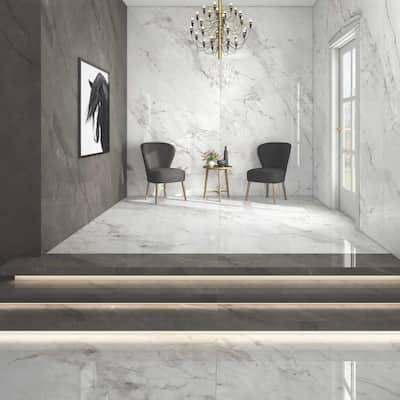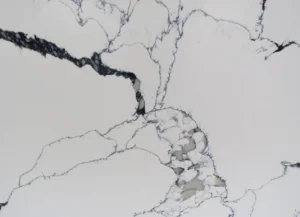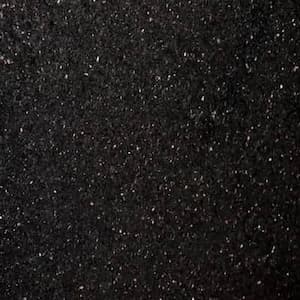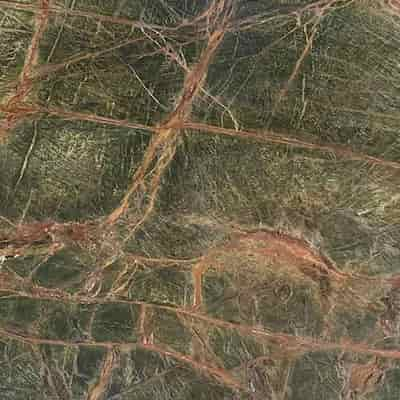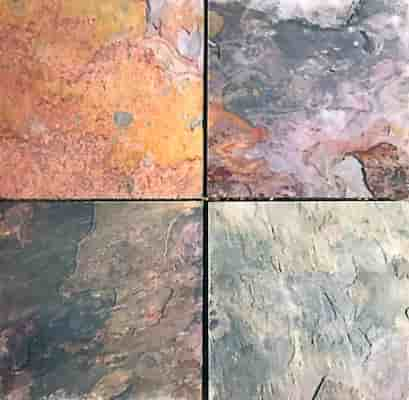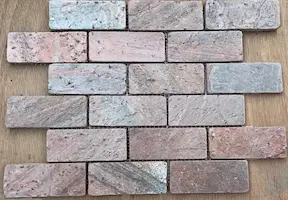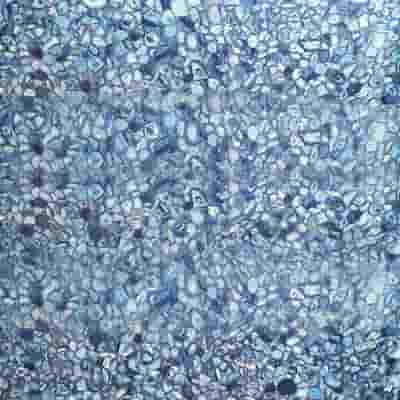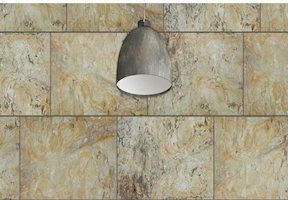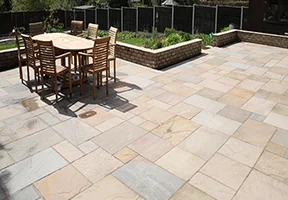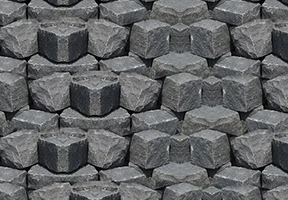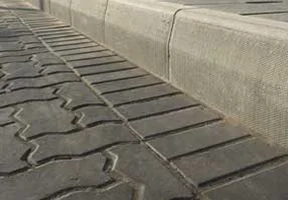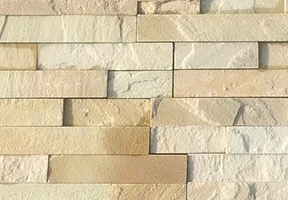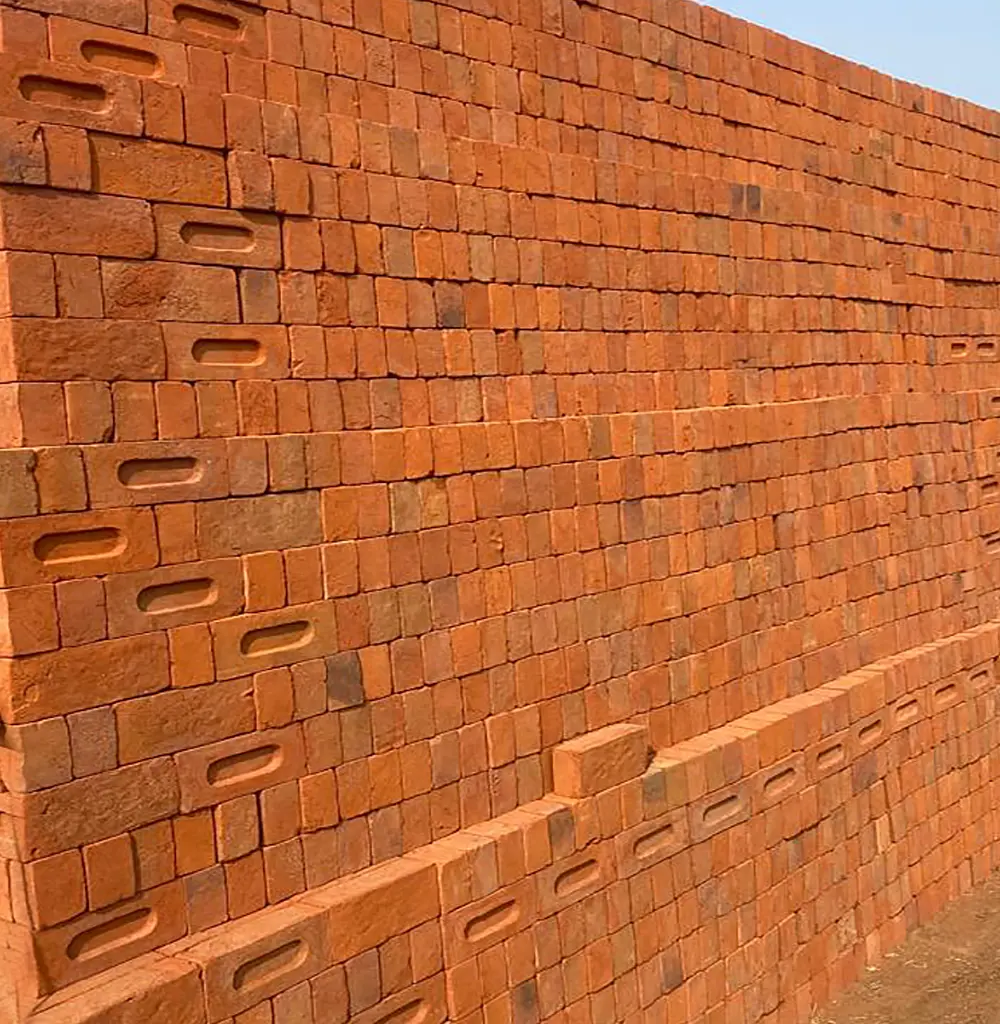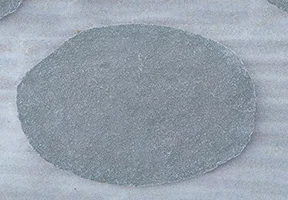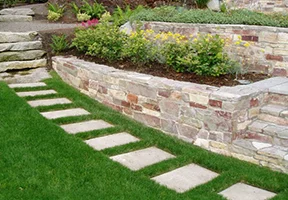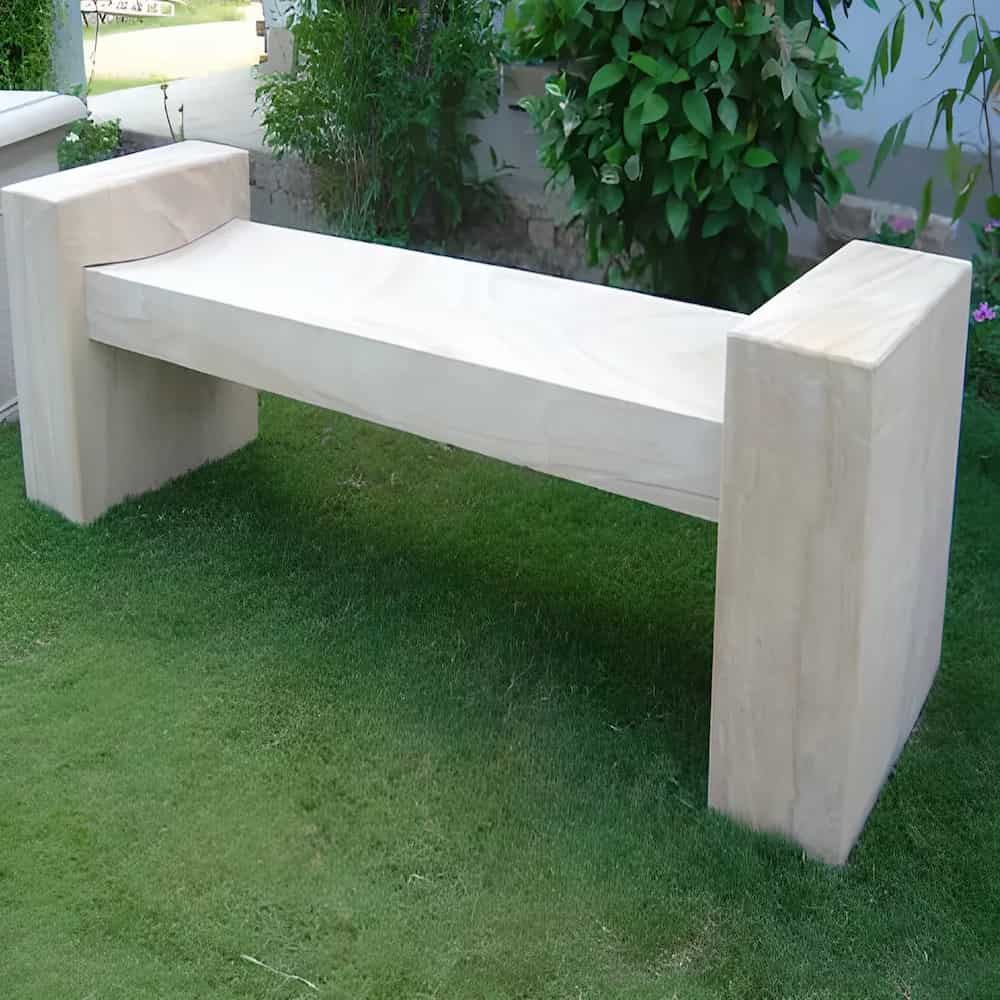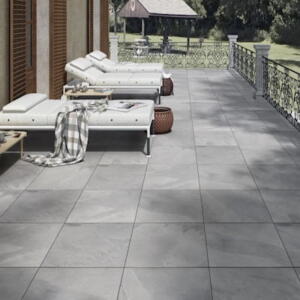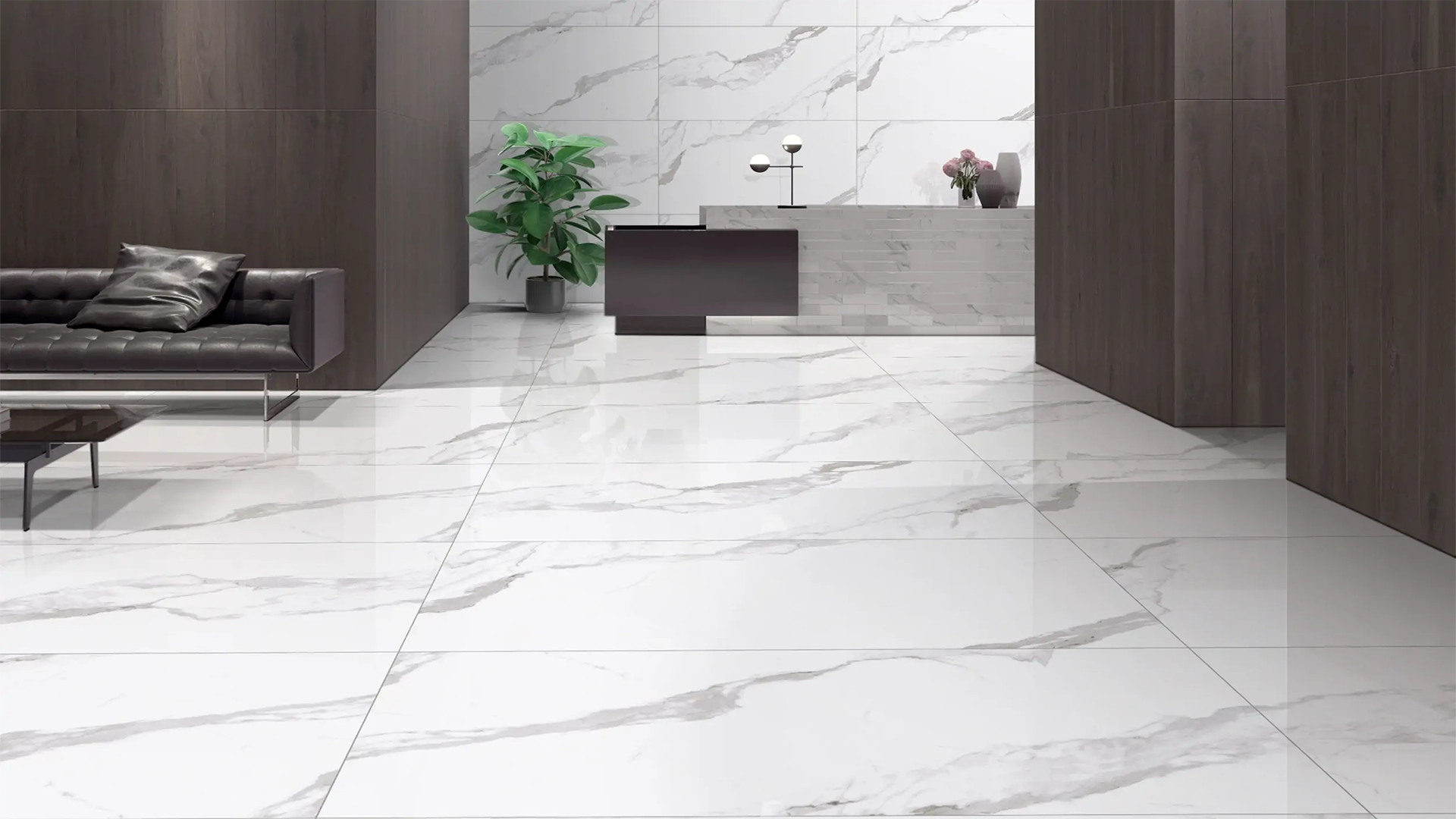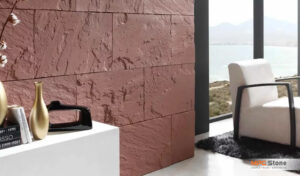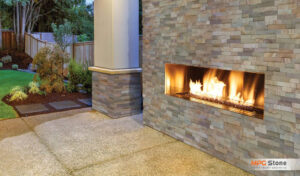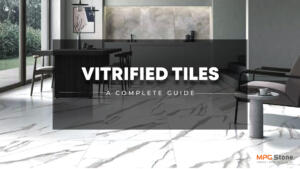Are you planning on renovating your home or building a new one? One of the most important decisions you’ll have to make is choosing the right countertop material. With so many options available, it can be overwhelming to decide which one will meet your needs and preferences.
However, the debate between granite and quartz countertops always seems to be a hot topic. Both materials have their own unique features and benefits, making them popular choices for homeowners.
In this blog, we’ll take a closer look at both granite and quartz countertops to help you make an informed decision that fits your style and requirements. So, let’s dive in!
What is granite stone?
Granite is one of the best-known igneous rocks found under the earth’s crust, which is formed from the slow crystallization of magma. It is mainly composed of minerals such as quartz and feldspar, along with some minor amounts of amphiboles, mica, and other minerals. The mineral composition of this rock results in visible pink, grey, red, white, and dark mineral grains throughout the stone.
| Features | Pros | Cons |
| It offers a myriad of patterns. | It lasts for decades. | It can stain easily if not sealed well. |
| Being a natural stone, no two granite slabs are the same. | It is a durable material and resists damage from heat and scratch. | Granite has limited repair options that can be costly. |
| It comes in different finishes to suit a range of projects. | It offers great resale value and is worth the investment. | It is an absorbent material that can absorb spills and liquids. |
| It is available in various color variations. | It doesn’t fade when exposed to outdoor conditions. | It is required to be sealed annually. |
| It is easy to maintain and care for. | It has a hard surface to withstand heavy traffic. | Professional installation is a must. |
What is a quartz stone?
If we primarily talk about quartz stone, then it is a natural stone material, while quartz countertops are engineered ones. This manufactured quartz stone consists of 97% crushed quartz crystals and 3% resins. It comes in a wide range of colors, patterns, and designs, unlike natural stones. Quartz is also considered one of the hardest materials on earth, which makes it a durable choice for homes.
| Features | Pros | Cons |
| Being an engineered stone, it offers a uniform look. | It is a heavy stone that resists cracking. | It is highly susceptible to heat damage. |
| It is available in a range of colors and design options. | Being man-made stone, it is durable in nature. | It cannot possibly be used outdoors. |
| It is an environment-friendly stone. | It has a non-porous surface that resists absorbing spills. | Being heavy in weight, it requires professional installation. |
| Being a non-porous stone, it resists bacteria. | It can mimic the look of any natural stone. | They are priced a bit higher than granite. |
| It requires less maintenance. | It is an easily repairable material. | It lacks uniqueness by being uniform in look. |
Major Difference Between Quartz and Granite Countertops
Till now, we have discussed quartz and granite and their features, pros, and cons separately. But now let’s find the difference between them.
1. Appearance
Granite
If you are looking for a unique option for your kitchen, then granite will be a great option for you, as it offers a unique look. Being a natural stone, no two slabs of granite will be the same. The pattern, color, and design may differ in these slabs based on their formation under the earth’s crust. You need to explore different granite options to find one that matches your color preference.
Quartz
People who are most driven and attracted to a more consistent style will like quartz, as it is an engineered stone that offers a uniform look. Its quartz appearance has made it a must-have option for many homeowners and designers because it allows them to customize their designs easily. Selecting your preferred stone is relatively easy when it comes to quartz stone.
2. Composition
Granite
Granite is a 100% natural stone product that is found under the earth’s crust and is quarried naturally. It comes directly from queries and is then cut and shaped into different slabs.
Quartz
Quartz is a synthetic stone product made with a mix of different materials. It is composed of mainly 93 to 95% natural quartz stone in powdered form with other materials like resins, pigments, and colorants.
3. Price
Granite
Granite countertops come in various price ranges, and some rare and premium-quality materials can cost much more compared to other easily available countertops. The price also depends on the demand and supply range of the product in your area.
Quartz
Quartz is a widely available and common countertop material, which makes it relatively cheaper than granite countertops. But if you are looking for a unique and different design style, it may differ in price.
21 Amazing Benefits of Granite Countertops
4. Maintenance
Granite
Granite requires little maintenance, but it should be sealed annually with a proper granite sealant to avoid spill penetration. It can also be cleaned easily using homely available products such as mild soap and brushes. But be sure to avoid using harsh chemicals on the granite’s surface to prevent it from discoloring.
Quartz
Quartz is a much lower-maintenance stone for all purposes. It doesn’t require any sealing, and it is also non-porous, which naturally prevents scratching and staining. You can use all standard all-purpose cleaners on its surface, and it can be cleaned and maintained easily using homely available products.
Porcelain Countertops vs. Granite: Choosing the Best Option (Infographics)
5. Longevity
Granite
Granite is one of the strongest stone materials in the world after diamond and can last up to 100 years and more if maintained and taken care of well. It can last up to a million years in its natural form, so its lifespan completely depends on its maintenance and care.
Quartz
Quartz countertop manufacturers usually offer a warranty of around 10 years. But it can also stay longer depending on its care, place of installation, and cleaning routines.
6. Environment-Friendly
Granite
Granite is a quarried stone that requires a lot of energy and is only available in limited places, which also adds to transportation and the resources used in it. On the other hand, being naturally formed also reduces the environmental impact of mining and processing operations.
Quartz
Quartz manufacturing doesn’t require querying and can be made with left-over stone byproducts. It is considered an inherently eco-friendly stone as its raw materials directly come from the earth, and it also features a long replacement life with recyclable properties.
7. Durability
Granite
Granite is a naturally hard and durable stone that resists scratches and cracks, but it is porous in nature and can be absorbent to spills and liquids, for which you are required to seal it.
Quartz
Quartz is said to be a relatively harder stone than granite and is nearly indestructible. It is also non-porous in nature and doesn’t require sealing. It is also a hygienic option for your kitchen, but you need to be aware of heating, as it can get damaged with excessive heat.
8. DIY Suitability
Granite
Granite is a hard stone that requires professional installation and sealing, which makes it a less suitable material for DIYing. It is also a heavy stone that can be hard to handle.
Quartz
Quartz is also a heavy stone that weighs around 18–25 lbs per square foot of material. The risk of damaging yourself is high if you try to install them yourself. That’s why it is recommended to let these stone handles be handled by professionals only.
9. Resale Value
Granite
Granite is said to have a resale value of around 25% of its actual retail value, which is a relatively good percentage. You need to keep in mind that the resale value doesn’t include the installation cost of the stone.
Honed vs Polished Granite: Choosing the Perfect Finish
Quartz
Quartz, on the other hand, is a scapegoat in this that does not have much resale value as of now. It is a generally available stone, which decreases the actual value of this stone.
10. Aesthetic and Colour Options
Granite
Granite, even being a natural stone, can be available in a wide range of colors and design options. You can choose any pattern and design based on your preferred design style requirements.
Quartz
Quartz, being an engineered stone, comes in a broader range of colors and design options as compared to granite, which is also one of the main reasons for its popularity. Its array of color options also makes the selection process much easier.
Conclusion
In conclusion, both granite and quartz are excellent choices for kitchen countertops. Each material has its own unique features and benefits, making them popular among homeowners. For those who prefer a more unique look, granite is a great option, while those who prefer a more uniform look might prefer quartz countertops.
Ultimately, the choice of material will depend on your budget, preferences, and requirements. Regardless of which material you choose, it’s important to prioritize quality when making your purchase.
At MPG Stone, we are proud to offer some of the finest quality granite and quartz materials in the USA and worldwide. Whether you’re looking for a classic or modern design, we have a wide range of products to choose from. Don’t hesitate to explore our website or contact us directly for any queries or assistance you may need. We’re always here to help!
FAQs
Q. What is the major difference between quartz and granite?
Ans. The major difference between both stones is their composition, as granite is a 100% natural stone derived from the earth’s crust, while quartz is an engineered stone that is manufactured by mixing powder quartz with other elements.
Q. Which is less maintenance-prone, granite or quartz?
Ans. Both granite and quartz are easy to maintain and can be cleaned using products found in the home, such as mild detergent, warm water, and a damp cloth. Quartz has the upper hand when it comes to maintenance as it has a non-porous surface, which keeps spills from penetrating the stone.
Q. Is quartz heavier than granite?
Ans. Both quartz and granite are heavy in weight, while quartz is a slightly heavier material as it is more dense in nature. However, both stones fall into the category of hard and tough stones that require professional installation.
